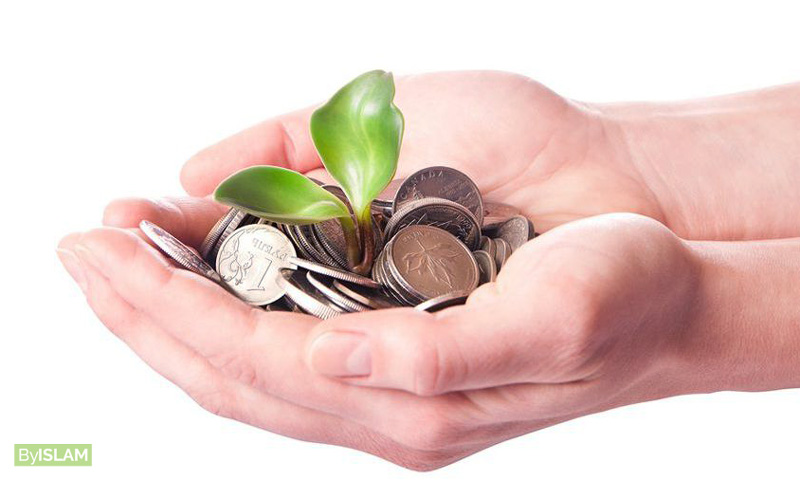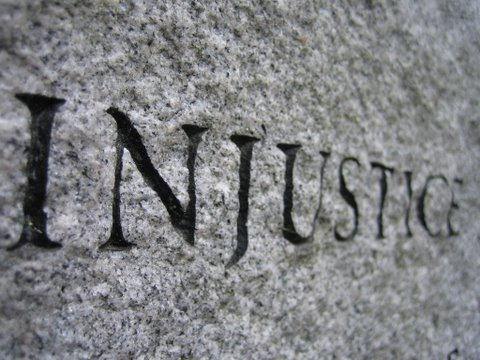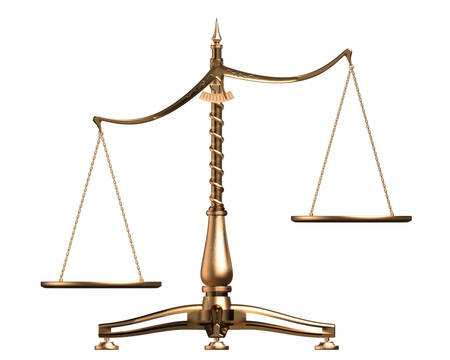How Islam’s Economic System Differs from Capitalism and Socialism?

Two main points related to the economic system and the distribution of wealth and productivity in Islam; need further consideration as a prelude to delve into related issues.
The first, Islamic economic thought has become vague in the minds of many scholars and cultured people and has led them to deny the existence of such system in Islam. This has been caused on the basis that Muslim thinkers have not studied economic and financial percepts and concepts and presented them in a related way in which contemporary thoughts have tackled them and treated within modern idioms and methodology.
It is due to this lack of development that Islamic economic thought has remained texts and concepts scattered in the Holy Qur’an, books of traditions, books of history and Islamic studies on fiqh (jurisprudence).
Muslim researchers did not consider them except in the recent past and in a limited and narrow scope. The need has been to have them to be more meticulously examined, gathered, studied, analyzed, deduced and reshaped and where the outcome should be easily comprehensible and encapsulates all man’s economic problems as well as covering all related aspects, such as the themes of wealth, its production and distribution within the Muslim community.
In respect, the fuqaha’ took great pains to study these items extensively on the basis of fiqh. They also examined zakat (poor-rate), khums (an Islamic tax), kharaj (land tax levied on non-Muslims), working systems for companies, trade, ijarah (hiring someone or something for specific purposes), hawalah (transfer of debt from one person to another), purchases, usury, farming, speculation, usurpation, property, conduct of business…etc. By so doing, they provided basic ideological material conducive to form an economic view, and a clear-cut viewpoint on an Islamic economic system.
Many contemporary Muslim intellectuals have made use of this basic ideological material and studied economic systems, ownership, distribution, and consumption…in its light. They have also developed it in analyzing production relationships and offering an explanation to economic problems and so forth.
The second misconception, which must be warned of, is the mixing up of Islam with other economic systems and without distinguishing between the two. Many researchers and academics whether they are Muslims or non-Muslims still mingle the Islamic economic system with the capitalist and social systems.
Even, some of them go to the extent of mixing it up with the communist systems. This confusion can be ascribed to the comprehensible concepts found in Islam, including the principles of freedom, sponsorship, insurance or through the intervention of the Islamic state in directing the economy and keeping watch over the distribution and production … etc.
Those who examine the conception of economic, political and individual freedom in Islam, look at Islam within a capitalist framework. Yet they observe Islam’s rejection of, for instance, the capitalist amassing of wealth or the state’s role in economic life, think Islam is a socialist system.
Re-examining these ideological aspects and analyzing them scientifically, meticulously and in an unbiased way, it will be noticed however, that there is a wide gap between Islam’s view and cures and those of capitalism and socialism. The only conclusion that can be made about attempts to converge manmade systems with Islam is that they are clear distortions in line with other misconception that are invented to belittle the everlasting message of the Holy Prophet (s.a.w.w.).
To emphasize the difference, the following four points underline the key difference between Islam and these two ideological systems, in particular, and other social and political systems, in general:
- Islam differs from socialism, capitalism and communism and other theories and perspectives in its ideological and doctrinal bases. Islam is a Divine Message with a special conception of the universe, life and man. It basically disagrees with socialist and capitalist views, which have their roots in their materialistic vision that has no religious base, nor any belief in Allah.
Socialism, capitalism and communism and the like are merely concepts devoid of spiritual and moral values. The distance between them and Islam is unmistakably great. Islam has an all-embracing ideological and legislative make-up. In it, no barriers are to be found between morals, laws, worships, concepts and existence.
- Islam differs from all man-made systems in that it has a lawful executive framework, which exactly expresses political, economic, and social concepts. Regarding the social system, laws, which are the second stage of its ideological ladder, are based on founding principles of their own. They manage related affairs quite differently from man-written laws and legislation, in all domains whether they be economical, political, sociological, or appertaining to individual behavior … etc.
Such matters, such as ownership, investment, economic, consumption are tackled in a unique way by Islam.
- In its aims and objectives, Islam is distinguished from other systems, like, it differs from them on the basis of contents and the legal organization of life. It treats related subjects in separate ways with specific points. The ultimate goal of Islam is to worship and seek the pleasure of Allah, the Exalted.
In implementing the divine law and adhering to the divine order, a Muslim demonstrates that he is a worshipper. His objective is to seek the reward and pleasure of Allah, the Exalted. Contrarily, the human objective in capitalist and socialist societies is purely a materialistic one, expressed in terms of materialistic gains regardless of the cost and fall out on society.
- Even though there is a sort of analogy between Islam and other systems in certain respects, Islam has its own way and method of implementing its economic concepts and objectives.
For example, Islam believes in social justice and so it adopts just principles in distribution and production growth.
Socialism and capitalism attempt to call for similar concepts, which can be seen as generally logical and which man, by no means, can shun. But in trying to develop the conceptions and implement them, we will find the difference between Islam and secular systems in both method and way. In capitalism, freedom knows no boundaries. In theory, individuals can do what they desire to. In doing so, it believes that the non-existence of limits or restrictions results in economic freedom, in competition and the increase of production.
But to achieve a suitable and satisfactory economic level is for all people, makeshift and inexorable laws have to be enforced, based upon such theories as the laws of wages, supply and demand…etc. while, on the other hand, socialism subscribes to the methods of confiscating the sources of wealth and means of production. The state, thanks to this system, becomes a massive capitalist party monopolizing all means of economic resources and turns individuals into production units, who take nothing from the fruit of their toil except that which the state allows them to have.
Unlike these two systems Islam adopts its own methods. It never opens the gates for individual selfishness to flourish like in capitalism, nor does it confiscate the means of production and acquiring wealth, turning people into machines on behalf of the state, like socialism. Islam believes in individual ownership, community ownership and state ownership, as it is expounded in the books of fiqh, traditions and in the Holy Qur’an.
Lest selfishness and urges of greed prevail, and to prevent exploitation and economic injustice from sweeping over the community, Islam has laid down lawful and moral restrictions related to ownership, investment and consumption in defense of manipulation and deprivation.
The aim, which has in view, as duly explained, is to liberate man from both the greedy capitalist grip solidified by the democratic system and state capitalism thrust upon productive individuals in the socialist system by means of coercion and force, which are the monopoly of the government. In conformity with a delicately set economic plan, Islam grants freedom and responsibility to the Muslim individual and community within bounds so each balance the other.
Source: Al-Balagh Foundation





